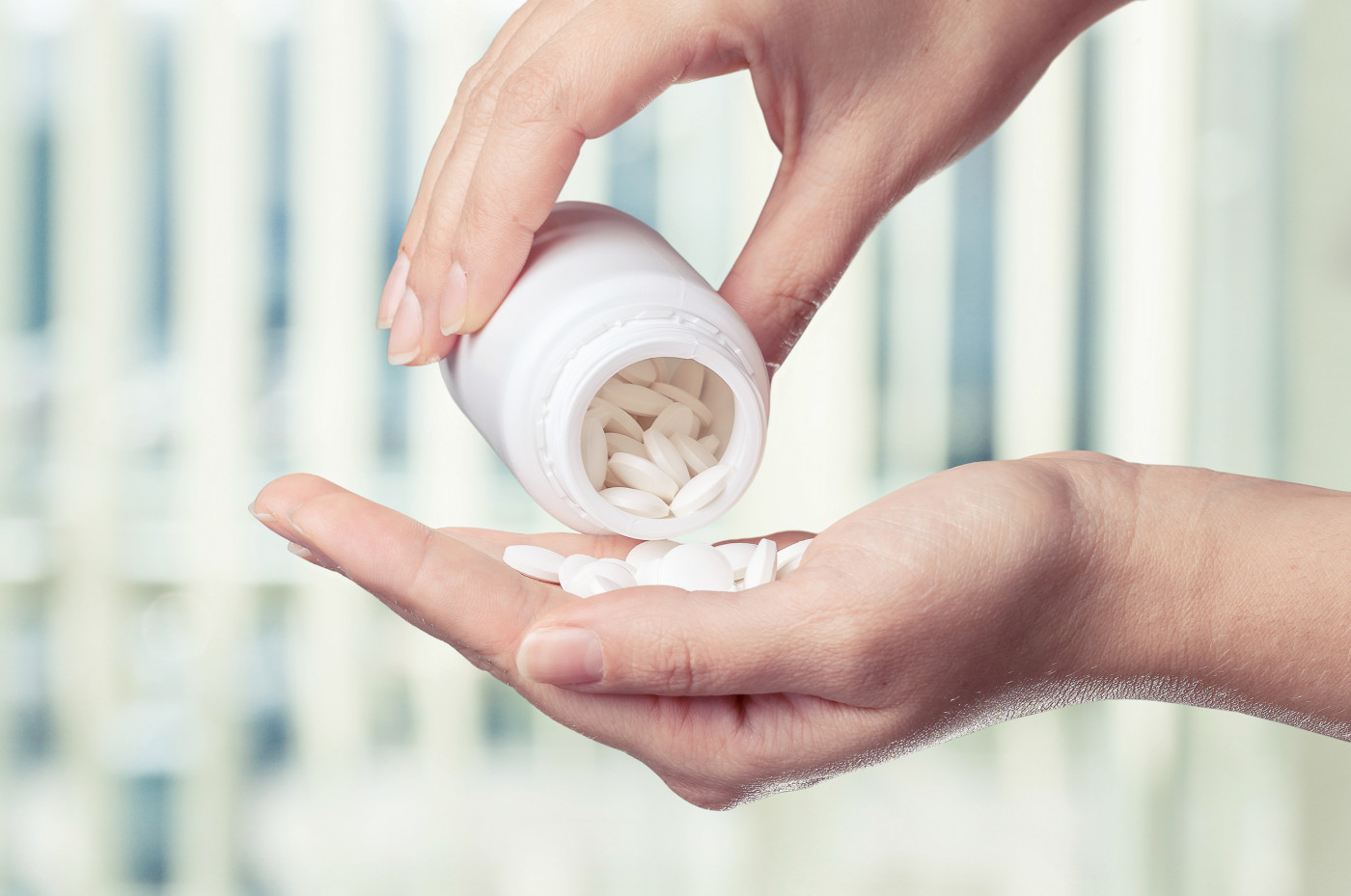Approved Therapy for Bladder Pain Being Repurposed to Potentially Treat MPS

Pentosan polysulfate sodium, an approved medication commonly used to treat bladder pain, will now be repurposed to potentially treat mucopolysaccharidosis (MPS) under the terms of two new licensing agreements.
The oral therapy is approved by the U.S. Food and Drug Administration and marketed under the brand names Elmiron and Thrombocid, among others.
Icahn School of Medicine at Mount Sinai in New York has inked licensing deals for the medicine with both Australian-based Paradigm Biopharmaceuticals and ReqMed in Japan.
The partnership follows preclinical studies by Icahn researcher Calogera Simonaro, PhD, showing that pentosan polysulfate sodium improved mobility and lessened damage to several organs, including the brain, in several rat models of MPS.
“By using a drug that is already approved, we should be able to fast-track [pentosan polysulfate sodium] to patients and address an important unmet medical need,” Edward Schuchman, PhD, the Genetic Disease Foundation — Francis Crick professor of Genetics and Genomic Sciences at Icahn, said in a press release. “Using one drug for several different lysosomal storage diseases changes the approach currently used for treating these diseases.”
MPS are a group of inherited disorders characterized by defects in enzymes located in lysosomes — small cell compartments that digest and recycle several molecules. For example, MPS IIIB, also known as Sanfilippo syndrome type B, is caused by mutations in the NAGLU gene that provides instructions for making the NAGLU enzyme. This enzyme is essential to break down long complex sugar molecules called heparan sulfate.
Currently available therapies for MPS include enzyme replacement therapy and bone marrow transplants, but all are linked to significant disadvantages: Not only are they expensive but they are also highly invasive and, most importantly, offer limited effectiveness since they can slow but usually cannot halt disease progression.
In 2013, Simonaro began testing pentosan polysulfate in rat models of MPS, namely MPS type VI, also known as Maroteaux-Lamy syndrome. Results showed that oral administration of pentosan polysulfate sodium at a dose similar to that used for humans improved mobility and lessened the damage in several organs. The mechanisms, the researchers showed, were linked with the therapy’s anti-inflammatory effects.
Since then, Simonaro has shown that the therapeutic benefits of pentosan polysulfate sodium are also seen in rat models for other types of mucopolysaccharidoses, including Sanfilippo syndrome.
“Mount Sinai innovators recognized the value of repurposing an existing therapeutic for a new indication,” said Erik Lium, PhD, executive vice president of Mount Sinai Innovation Partners. “We look forward to working with Paradigm and ReqMed to advance pentosan polysulfate sodium for the treatment of MPS.”






